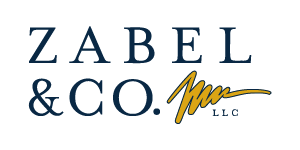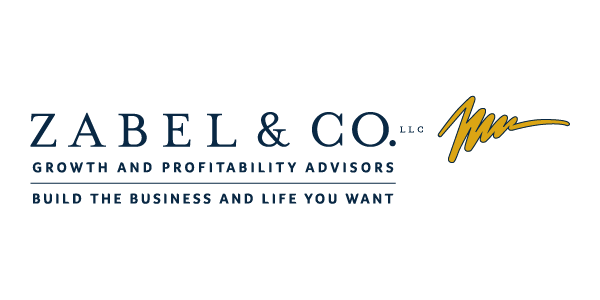Once tax season is over, you might think you can breathe easy until next year, but — despite sounding like a pain — it will be better for you to conduct a quarterly financial check-in to keep your finger on the pulse of your business.
Here are some reasons why you should consider a financial check-in every three months:
Keeping Tabs on Your Financial Data
Ask yourself whether you know how your business is functioning right now. While you may have a general idea of where you stand, a quarterly check-in can ensure that you know exactly where you stand financially, giving you an update on things like profit margins, working capital, and other important data. With the right software, all of that information can be available at your fingertips.
Making Informed Business Decisions
Throughout the fiscal year, you’ll need to make decisions about what’s best for your company. These can range from things like purchasing new inventory, launching a new marketing campaign, or even hiring new staff.
If you don’t have access to your current business data, you’re left to make these decisions in the dark. Having access to your company’s financial records empowers you to make choices that make sense for the bigger picture of your business and give you greater confidence in your future.
Tracking KPIs
Many entrepreneurs set goals for themselves, the best of which are measurable. For instance, you might measure the success of your marketing campaigns by seeing an increase in revenue.
Instead of waiting for the end of the year to evaluate your performance toward your goals, you can tap into your current data to provide yourself with a progress update. In other words, a quarterly check-in will allow you to establish regular benchmarks so you can more closely monitor your strategic business decisions.
Keeping Your Business Plan Up-to-Date
Your business plan should be kept up-to-date and accurate. Not only will it keep you and your leadership accountable to your company goals, but lenders and stakeholders are also likely to ask to see your plan before approving any funding. Having quarterly financial data ensures that you keep your governing documents up-to-date, which will make it easier to obtain funding whenever you may need it.
Adapting to New Challenges
Many business owners are feeling the strain caused by rising interest rates and inflationary pressures. To counter these hurdles, you’ll need to adjust your finances to keep up with rising challenges.
A quarterly check-in might reveal that your overhead costs are negatively impacting your profit margin, for instance, and knowing that will allow you to adjust your business model to minimize its operating expenses or find ways to increase revenue.
Seizing New Opportunities
During the year, you may encounter new opportunities to expand your product line or purchase a new piece of equipment for your company, but you can’t capitalize on these kinds of opportunities unless you know whether your business can handle them.
Having access to regular, up-to-date financial data will not only guide your business decisions but can also help you seize new opportunities as they come your way. The best way to stay flexible is to stay informed and on top of your business’s performance.
Maximizing Future Tax Deductions
You can deduct many common business expenses from your annual taxes, but in order to do so properly, you’ll need to keep track of your receipts and documentation to validate these deductions. Quarterly check-ins ensure that you keep track of your records and that no deductible expense is missed.
A regular check-in can, likewise, enable you to plan your deductions more effectively, and by planning them in advance, you can reduce your tax liability in a way that aligns with your broader business strategy.
Preventing Financial Missteps
No business owner wants to make a purchasing decision only to realize that they lack the cash flow to execute it. If you don’t keep track of your business data, you could quickly run out of the working capital you need to cover your expenses and pay your employees. Quarterly check-ins will keep you informed about your company’s finances and prevent the kinds of errors that can land you in jeopardy.
Get the Help You Need
Managing your finances is hard work, but thankfully, there’s Zabel and Co. We offer fractional CFO services that give you access to industry-leading expertise at a fraction of the cost of a full-time worker. Reach out for help today.






